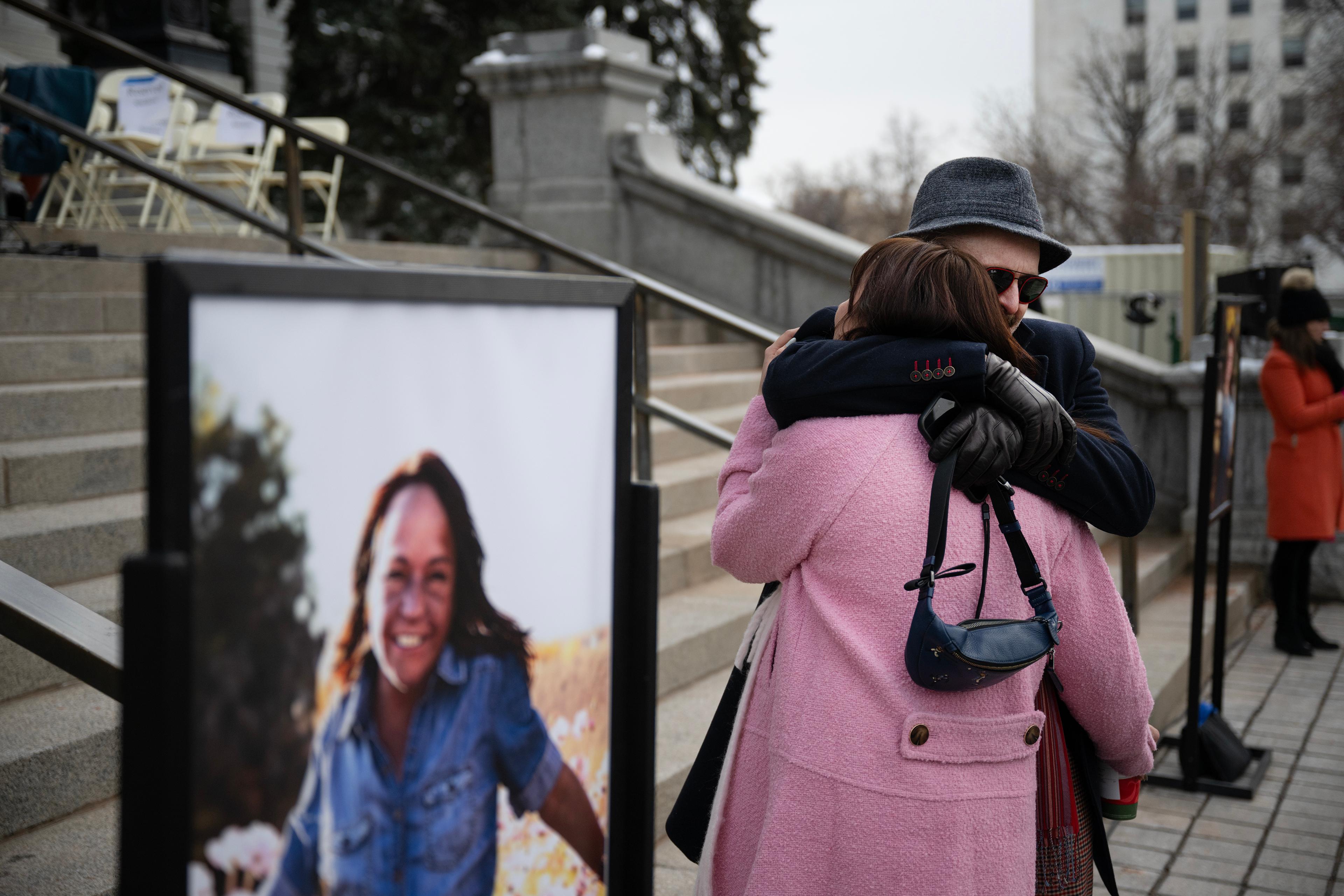
With the clock almost at midnight, the Denver City Council on Monday voted to legalize some short-term rentals after hours of testy public comment.
But most professional vacation rentals are banned under the new law.
Short-term rentals, which now number around 2,000 in Denver, have been technically illegal in residential areas until now -- although the city has rarely enforced the existing law.
"It's sort of turning things on its head," Councilwoman Mary Beth Susman said of the so-called sharing economy. "We've got some old laws that don't even have the words short-term rentals in them. And it was even difficult to find out that it was illegal."
The most controversial part of the new legislation states that the necessary license will only be granted to landlords who rent out their primary residences. That effectively bans most professional vacation rentals, which are generally in second homes or investment properties.
The primary residency requirement means Airbnb's model, which in Denver tends to be homesharing and occasional full-home rentals, will likely largely come out unscathed. Vacation rentals typical of Homeaway and VRBO will bear the biggest brunt of the legislation.
Neighborhood groups said the primary residency requirement helps protect affordable housing and ensures residents that someone with authority is close by if guests get unruly. Just as important, others said, was preserving the "fabric" of Denver's neighborhoods.
“No one wants to live next to a Motel 6 when you are trying to raise your family," said Bessie Chachas of the Country Club neighborhood. She was one of more than 50 members of the public who spoke at Monday night's meeting.
- Vacation Rentals, A Colorado Invention, Are Under The Gun In Denver
- Study: Denver Missing Out On Millions By Not Taxing Short-Term Rentals
- Does Airbnb Hurt Denver's Rental Market? Not Much, Numbers Suggest
Shahla Hebets, founder of the Denver Short Term Rental Alliance, said professional landlords are not going to give up the fight.
"We're going to regroup," she said after the Council voted 9-2 to approve the new rules. "We're going to really look at our elected officials and how we can influence them when they go up for re-election."
Hebets complained that the City Council didn't consider data her group compiled, including a study they commissioned from the University of Denver that put the economic activity of VRBO guests at about $21 million a year -- and a public survey showing public opposition to the primary residency requirement.
Susman said she was more concerned with neighborhood impacts.
"I think that argument really wasn't going to sway the Council," Susman said.
Next Hurdle: How To Enforce New Rules
The Council passed two proposals. The first, a text amendment, will adjust the zoning code to account for short-term rentals. The second creates a new $25 annual business license specifically for short-term rental landlords and a legal framework for city staff to enforce the new rules.
Other cities, like Portland and San Francisco, have struggled to get landlords to register with their short-term rental enforcement offices.
Nathan Batchelder, a staffer in Denver's department of excise and licenses, said they will make the process as easy as possible to try to avoid that; For example, landlords will be able to get a license on the city's website and must include their license number on online advertisements.
"We have all the tools at our disposal," he said. "So as this industry evolves, our enforcement ... will also continue to evolve."
Landlords who violate the new rules could face fines up to $999 per incident and have their licenses revoked. There will be a six-month "soft" enforcement period that will emphasize education, Batchelder said.
The legislation also will require that landlords pay Denver's 10.75 percent lodger's tax, and imposes basic safety standards.
Batchelder admitted enforcement will be tougher in apartments. Neighborhood associations, neighbors and property managers will be "important allies" in tracking down illegal operations, he said.
Councilman Kevin Flynn, who represents southwest Denver, voted against the measure because he thought it was too lenient. His relatively suburban district has few short-term rentals. He had earlier floated an amendment that would have required neighborhoods that wanted the rentals to make that "deliberate choice" themselves.
"Right now the neighborhoods have no voice in this, no voice at all as to how commercialized they become," he said. "I"m very disappointed about that. I think we've left out a crucial, crucial step in the process."
An advisory group with city staff and other stakeholders will continue to monitor short-term rentals and could recommend changes in the months to come.
"This is just the beginning, " said Councilman Jolon Clark.









